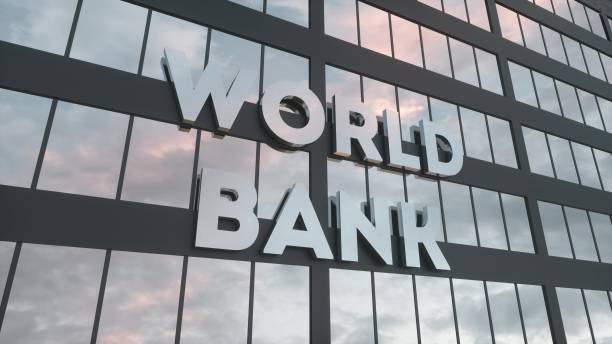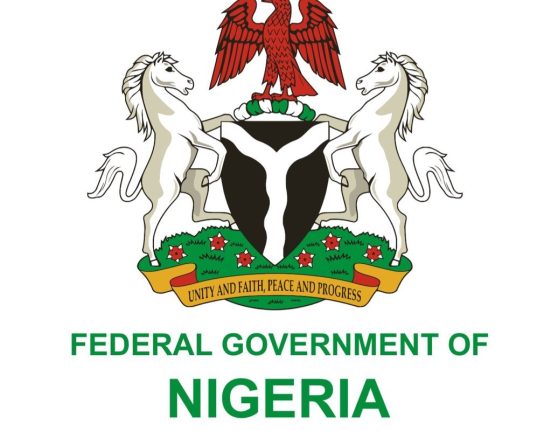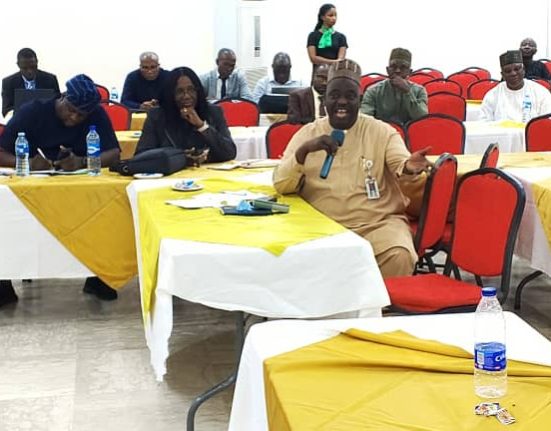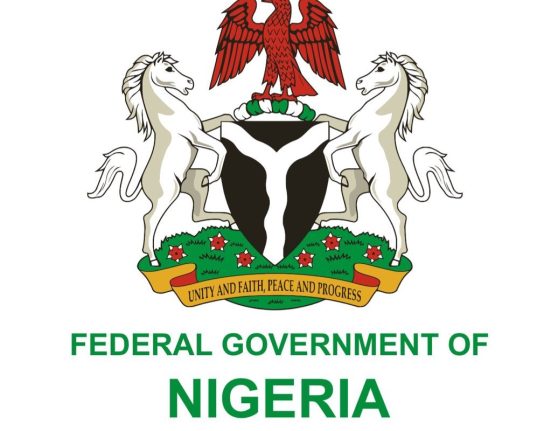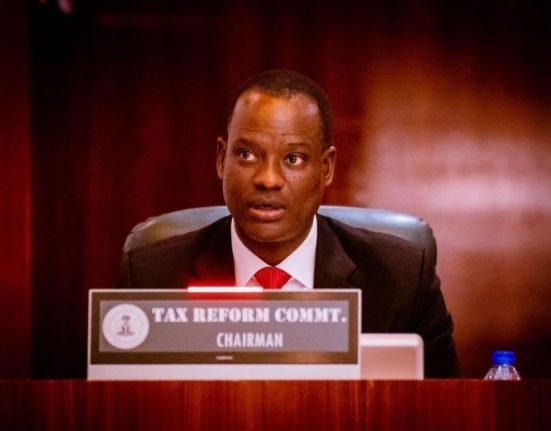The Federal Government is set to lose a significant portion of a World Bank facility, amounting to $10 million, following persistent lapses in audit standards and delays in the implementation of key reforms under the Fiscal Governance and Institutions Project (FGIP).
The $103 million programme, backed by the International Development Association (IDA), the concessional lending window of the World Bank, was designed to boost Nigeria’s fiscal transparency and strengthen its public financial management systems. However, a recent restructuring report issued by the World Bank in June 2025 revealed that the Nigerian government has requested the cancellation of $10.4 million from the facility, citing non-utilisation and failure to meet performance-based disbursement conditions.
According to the document, the Federal Ministry of Finance formally notified the Bank of its intention to forfeit the funds, including $900,000 initially allocated for Technical Assistance that remained unused, and $9.5 million tied to 10 unfulfilled Performance-Based Conditions (PBCs). A major portion of the forfeiture stems from a $4 million component earmarked for the audit of revenue-generating agencies such as the Federal Inland Revenue Service (FIRS) and the Nigeria Customs Service (NCS), which was deemed non-compliant with international auditing standards.
Independent verification agents appointed by the World Bank flagged the audit reports submitted by the Office of the Auditor-General for the Federation (OAuGF), stating that they fell short of global standards required under the loan’s framework. This shortcoming was one of several reasons the project failed to unlock the full tranche of funds available.
Also included in the cancellation is a $1 million allocation for the establishment of a National Budget Portal by the Budget Office of the Federation. The World Bank report disclosed that the Budget Office failed to present credible evidence of implementing the digital tool, which was expected to enhance public access to budget information and promote fiscal transparency.
Another major setback came from the implementation of the Revenue Assurance and Billing System (RABS), a reform initiative valued at $4.5 million. Despite efforts, the programme could not meet verification benchmarks. Specifically, only 27 out of 55 Federal Government-Owned Enterprises (FGOEs) were able to open the required Treasury Single Account (TSA) sub-accounts for capturing foreign currency revenues, contrary to the expectations outlined in the PBCs. Furthermore, there was no verification of automatic remittances into the Consolidated Revenue Fund (CRF), another core requirement under the FGIP.
Contractual disputes and unresolved indemnity concerns with the Central Bank of Nigeria (CBN) were blamed for stalling the RABS component. The World Bank report noted that the Ministry of Finance is now expanding the consortium handling the project to include a new vendor, while the CBN continues to await an indemnity letter that would shield it from liability over any future transfer errors. These delays have pushed the expected completion of the RABS initiative to August 2025, two months after the FGIP officially closes on June 30.
Despite these hurdles, the World Bank acknowledged significant progress in certain areas. The report highlighted that Nigeria’s non-oil revenue collection surpassed expectations in 2024, reaching an impressive 153% of the budgeted target. This was a notable improvement from the baseline figure of 64.9% recorded in 2018. The Bank attributed this success to ongoing fiscal reforms such as the unification of the foreign exchange market, the deployment of the TaxProMax platform, and the full automation of remittance processes by Ministries, Departments, and Agencies (MDAs).
In addition, Nigeria exceeded its fiscal transparency targets by publishing 10 reconciled economic and financial datasets, surpassing the initial benchmark of six datasets outlined in the project’s monitoring indicators. The Corporate Affairs Commission (CAC) also recorded commendable progress with the launch of an electronic register of beneficial owners, currently covering about 40% of registered companies, aimed at promoting corporate transparency and combating illicit financial flows.
Moreover, the Ministry of Finance Incorporated (MOFI) took steps towards greater public asset accountability by releasing financial statements and unveiling a national asset registry as part of broader reforms to manage state-owned investments.
However, the project still underperformed in critical infrastructure spending, with capital expenditure delivery falling short at 50%, below the 65% threshold set under the FGIP framework. Overall, the World Bank rated the project’s monitoring and evaluation mechanisms as “moderately unsatisfactory,” a reflection of the mixed outcomes recorded over the project’s lifecycle.
As the project winds down, analysts say the partial loss of the $10 million could serve as a cautionary tale about the importance of institutional readiness and accountability in accessing and utilising concessional funding.

